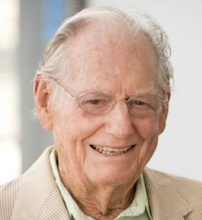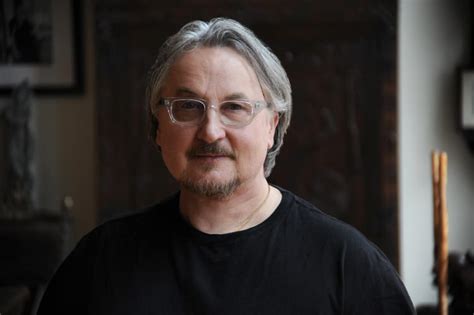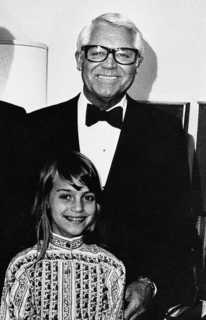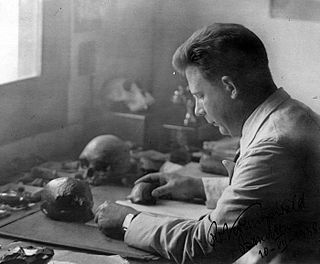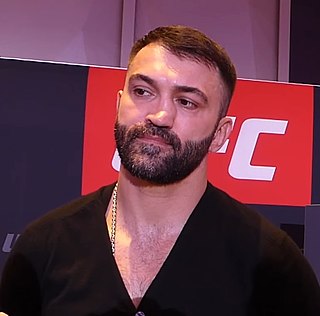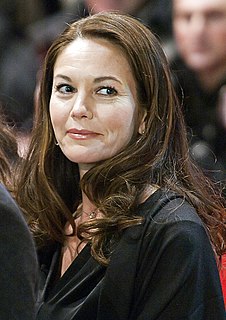A Quote by Wayne Thiebaud
Morandi gave an intimate view of his deepest thoughts. We watched him inquiring after the devilish questions of essences and substances.
Related Quotes
Again, after his fall, God gave him an occasion to repent and to receive mercy but he kept his stiff-neck held high. He came to him and said "Adam, Where are you?" instead of saying "What glory you have left and what dishonor you have arrived at?" After that, He asked him "Why did you sin? Why did you transgress the commandment?" By asking these questions, He wanted to give him the opportunity to say, "Forgive me." However, he did not ask for forgiveness. There was no humility, there was no repentance, but indeed the opposite.
Living and working for four decades in a Bologna apartment and studio he shared with his unwed sisters, Morandi painted little but bottles, boxes, jars, and vases. Yet like that of Chardin and the underappreciated William Nicholson, Morandi's work seems to slow down time and show you things you've never seen before.
You can create substances with other naturally grown substances and you can synthesize beautiful bouquets of flowers without spending an arm and a leg, using the citrus fruits, which are much more affordable than flowers, because you need so many flowers to create the essences. In this country [USA], there is not a traditional science of making it. The Native Americans never did it. They bundled the sage.
The grief of losing my father has come in waves over the years, as it does with most people. His love and devotion as a father provided my closest, most intimate relationship. Dad, and our time together, is in my bones. While reflecting on him, the memories themselves seem to boil down into certain 'essences of Dad.'
But Shakespeare one gets acquainted with without knowing how. It is a part of an Englishman's constitution. His thoughts and beauties are so spread abroad that one touches them everywhere; one is intimate with him by instinct. No man of any brain can open at a good part of one of his plays without falling into the flow of his meaning immediately.
Man did not address his inquiries to the earth on which he stood until a remarkably late stage in the development of his desire for knowledge. And the answers he received to the questions, "Where do I come from?", "What is man?", although they made him poorer by a few illusions, gave him in compensation a knowledge of his past that is vaster than he could ever have dreamed. For it emerged that the history of life was his history too.
Greg Jackson gave me hope after four losses. After my last loss in the Strikeforce grand prix against Kharitonov, I gave him a call and asked him if he thought I should retire. Some of my trainers, some people told me I had lost it. He said, 'Absolutely not. Just come to Albuquerque,' and gave me that hope.
